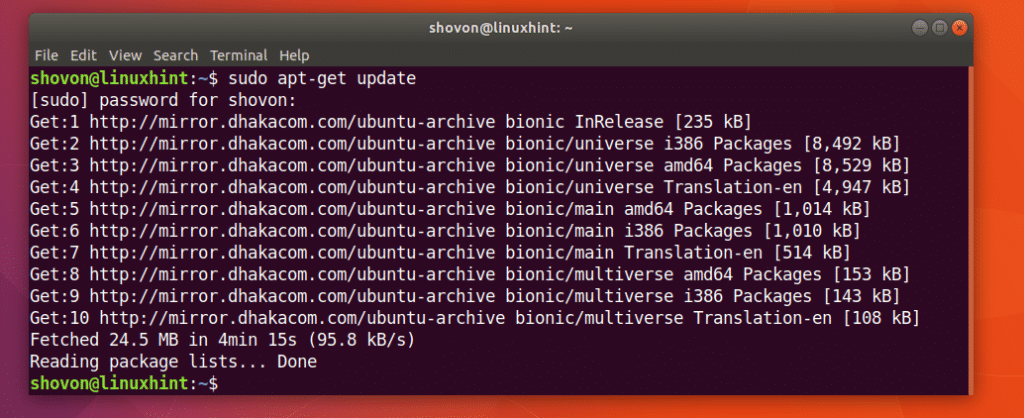


You should end up with something like this:

Once that’s installed, go to /usr/lib/x86_64-linux-gnu/ and make a copy of libcurl.so.4.5.0, using “libcurl3” as the name instead of “libcurl”. I have found a workaround, and I’m documenting it here mainly so I don’t forget how it works, not because I expect anyone else will find it useful or interesting.įirst, install libcurl3, with “apt-get install libcurl3”. The problem I’ve run into is that php7.1-curl depends on libcurl4 and libapache2-mod-shib2 depends (through libxmltooling) on libcurl3, and you can only have one of those installed at a time. I’d also like not to have to build everything from source. This means I need to use php7.1, first off, because 7.2 doesn’t have mcrypt support and user_saml requires it. I’m trying to install NextCloud on a fresh Ubuntu 18.04 system, and I want to use the user_saml app and Shibboleth for user authentication. Update the system’s binaries and symbol lookup (which libcurl your curl loads): mv /usr/bin/curl /usr/bin/curl.For the two other people in the world who might run into this problem: configure -with-ssl make make install Step 4: Run this commands one by one in ssh terminal: cd /usr/local/src rm -rf curl* wget unzip curl-7.70.0.zipĬompile: cd curl-7.70.0 # enter the directory where curl was unpacked #. Install the tools to compile this release and curl dependencies: apt-get update apt-get install -y libssl-dev autoconf libtool make Step 3:ĭownload and install the latest release from. Remove the currently installed curl if installed: apt remove curl apt purge curl Step 2: (make sure that you are root by running the following command: sudo su) or add sudo in from the commands. Follow these steps to install the latest version of curl on your Ubuntu OS/server regardless of the version.


 0 kommentar(er)
0 kommentar(er)
